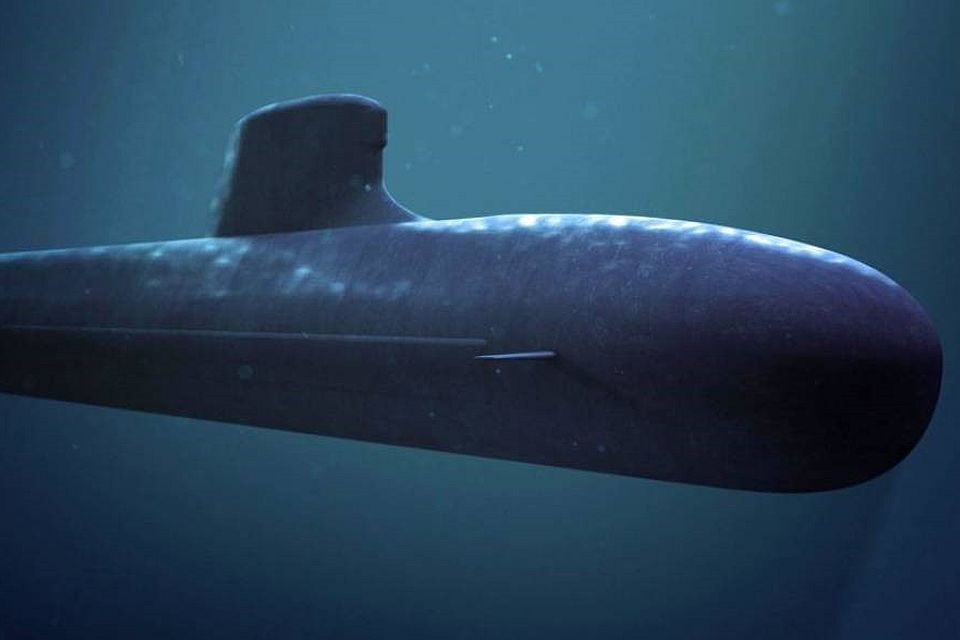France’s Naval Group will build the new submarines for the Dutch Ministry of Defence. This is the provisional award decision after a careful tender process. On behalf of the Cabinet, State Secretary Christophe van der Maat (Defence) announced the winning yard on 15 March at the naval base in Den Helder.
Equipped with the latest systems and technology, the new submarines are a worthy successor to the Walrus class, says the Ministry. Van der Maat, together with the youngest sailor and the youngest officer of the Submarine Service, unveiled the names of the new submarines: Orka (Orca), Zwaardvis (Swordfish), Barracuda and Tijgerhaai (Tiger Shark).

‘Naval has succeeded in submitting a balanced, versatile and realistic bid. The yard has come up with a worthy successor to the Walrus class. This includes a solid role for Dutch industry, a key requirement in this award,’ Van der Maat stresses. ‘Not only in building, but also in conservation. So this decision is not only good for the navy and our security interests, but certainly also for Dutch companies and building our knowledge position.’
Also read: ‘Dutch govt awards submarine contract to Naval’
More possibilities
The four new boats are a big improvement. Not only because the design is newer, but also on a host of other aspects. For instance, the ability to launch cruise weapons significantly increases the strike power.
With the latest sensors and communication systems, the new class is even better equipped than its predecessors to collect, analyse and share intelligence. Intelligence can be decisive at every stage of a conflict and in peacetime.
Thanks to modern battery technology, the new boats also have greater energy capacity. This allows the boats to stay underwater longer and operate without “snorkelling”; recharging the batteries with the diesel engines. This makes them even quieter and less vulnerable to enemy detection.
Rare class
Like the Walrus class, the new submarines can be deployed worldwide for different types of missions. Also like their predecessors, the new boats are relatively small, allowing them to operate in shallow waters as well.
Because the boats are larger than submarines designed for operations close to their home base, they can also operate for long periods and independently far from home. This combination is rare and makes the Dutch submarines highly regarded within NATO.
Provisional award decision
Over the past few months, the Ministry of Defence has assessed the tenders. The outcome of the tender evaluation is an overall assessment and a provisional winner. After consideration of the tender evaluation in the House of Representatives, the supply contract will be signed.

The Ministry of Economic Affairs and Climate assessed the proposals for an Industrial Cooperation Agreement (ICA), which aims to strengthen the Dutch Technological and Industrial Base (NLDTIB), consisting of some 1000 companies. The winning yard has to contribute to this. Importantly, there must be agreement with the winning yard on the ICA. This is a condition for the award.
A Memorandum of Understanding (MoU) between the Dutch government and France will also be concluded. The MoU includes agreements on user rights, information security and knowledge exchange.
Also read: Dutch Parliament to debate submarine replacement contract
Sailing on safely
It has been agreed with Naval to deliver the first two new submarines within ten years of signing the delivery contract.
Defence has taken measures so that the current Walrus-class submarines can safely sail on into the mid-30s. Two of the four boats will be phased out of service. This will keep spare parts available for the remaining boats, which will require more maintenance with age.
Criticism
Rumours that Naval would win the contract already surfaced several weeks ago. It led to a lot of criticism both within industry and government as it was feared that with Naval, the Dutch maritime manufacturing industry would remain at the sidelines. Several politicians and local government authorities wanted the contract to end up with a consortium of Swedish Saab and Damen. The third contender for the contract was German Thyssenkrupp, which seemed to remain an outsider throughout this debate.
The contract award is now in the hands of Parliament, which will be further briefed on the details of the contract. It is as yet unclear whether this will or can still change the outcome.
Picture: Artist impression of the new submarine (by Dutch Ministry of Defence).
Also read: Damen may miss out on Dutch submarine order








